After weeks of uncertainty it’s official: researchers in Switzerland are no longer eligible for European Research Council, Marie Skłodowska-Curie or European Innovation Council funding
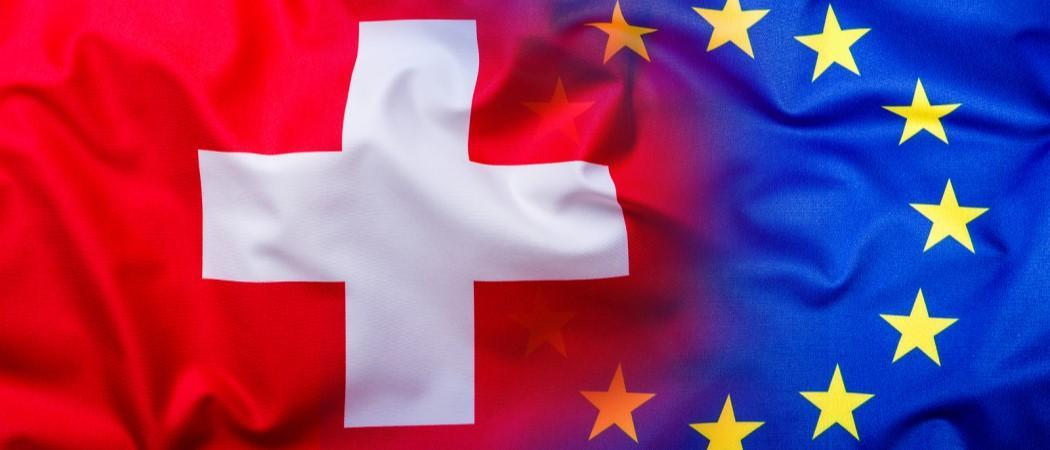
Swiss researchers have been barred from applying for individual grants in future calls from the European Research Council (ERC), Marie Skłodowska-Curie Actions (MCSA) and the European Innovation Council (EIC).
“Until further notice”, Switzerland will be treated as a non-associated third country in the Horizon Europe research programme, the Swiss state secretariat for education, research and innovation announced on Wednesday.
Also on Wednesday, the Swiss Federal Council issued a statement saying the country aims to gain full association status to Horizon Europe. But with Swiss-EU relations at an all-time low over rows about Swiss payments to the EU cohesion fund and the breakdown of negotiations on the future shape of the relationship between the two, it is not clear how soon that can happen.
According to the European Commission, “All exploratory talks regarding the association of Switzerland to the next generation of EU programmes are currently on hold.”
All of which means that while researchers in Switzerland can still participate in Horizon Europe, their access to funding will be severely limited.
However, anyone who applied to calls for ERC Starting Grants and ERC Consolidator Grants earlier in the year is exempt from the ban and their proposals will still be evaluated by the Commission and funded by the Swiss government from €5.6 billion it has put aside to support the costs of the grants.
ERC evaluators may have to modify the invitation letter sent to scientists recommended for funding if the host institution where the work is to be carried out is in Switzerland, though international research organisations, such as CERN, are exempt from this condition.
Horizon Europe rules say principal investigators in ERC proposals must to spend at least 50% of their time at a host institution in an EU member state or associated country.
For the upcoming ERC call for advanced grants, Swiss proposals are ineligible if they do not have at least one legal entity in a member state or associated country.
Swiss university representatives say the government is working on a replacement funding mechanism. “I assume that a back-up scheme should be in place soon,” said Olivier Kuttel, head of international relations at Ecole Polytechnique de Lausanne (EPFL).
But clearly, funding is only part of the picture. The greater loss will be in Swiss researchers not being able to work seamlessly in research projects with peers across Europe. From this perspective, there is a loss for researchers in the EU too.
On Wednesday, ERC announced it will open five calls for 2022 grants, with synergy and proof of concept calls to be launched today. The budget for the five funding rounds is €2.4 billion, but Swiss participation will be limited. Over the seven years of the Horizon 2020 programme, Swiss researchers were awarded by the ERC an average of €136 million per annum.
In addition, Swiss participants are no longer eligible for the €1 billion 2021 EIC accelerator call. The Commission says it will inform applicants of the changes in the next days.
For EIC’s pathfinder programme, which requires proposals to be from institutions in three different member states or associated countries, proposals from two institutions based in member states and one in Switzerland will be ineligible for funding. Exceptions will be made if evaluators consider Swiss partners will make an essential contribution to a particular project.
Meanwhile, Swiss organisations are cut off from a proposed MSCA budget for 2021 of €837 million. Swiss nationals can still apply if they work for an organisation inside the EU or in an associated country.
No talks on the Horizon
The Commission is not willing to start association talks with Switzerland until it unlocks a €1.2 billion payment to the EU cohesion fund. According to the Commission, Switzerland has not paid its contribution to the cohesion fund since 2012. In 2019, the Swiss parliament refused to sanction the contribution in response to the Commission banning Swiss banks and brokers from trading on the EU stock exchange.
In the Commission’s view, the contribution to the cohesion fund is the price Switzerland has to pay to get access to the EU single market. The first free trade agreement between the EU and Switzerland entered into force in 1972 and was updated in 1999 and 2004. A renewal of the 2004 agreement is seen as long overdue.
Despite the Swiss Federal Council’s statement on Wednesday saying country aims to regain full association status to Horizon Europe, how fast this happens depends on whether EU-Swiss relations can be mended in the coming months and years.
In May, Switzerland pulled the plug on seven years of negotiations on the institutional framework agreement governing relations between Switzerland and the EU. While these negotiations were separate from discussions on Horizon association, the Commission treats the two issues together and is currently analysing the impact of the political deadlock.
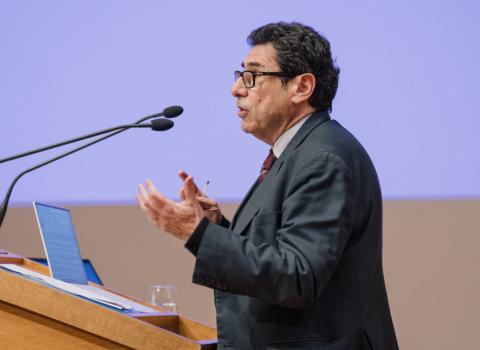
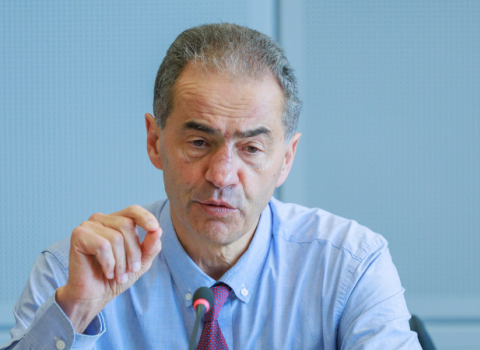
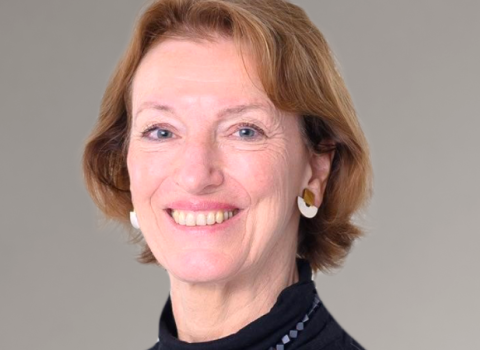
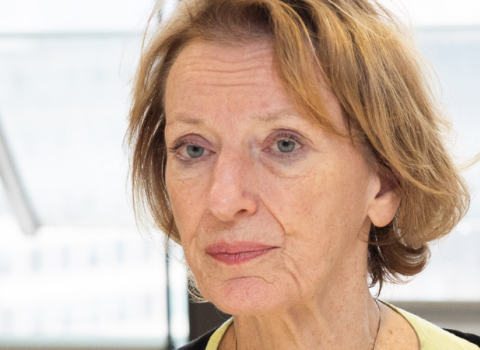

 A unique international forum for public research organisations and companies to connect their external engagement with strategic interests around their R&D system.
A unique international forum for public research organisations and companies to connect their external engagement with strategic interests around their R&D system.